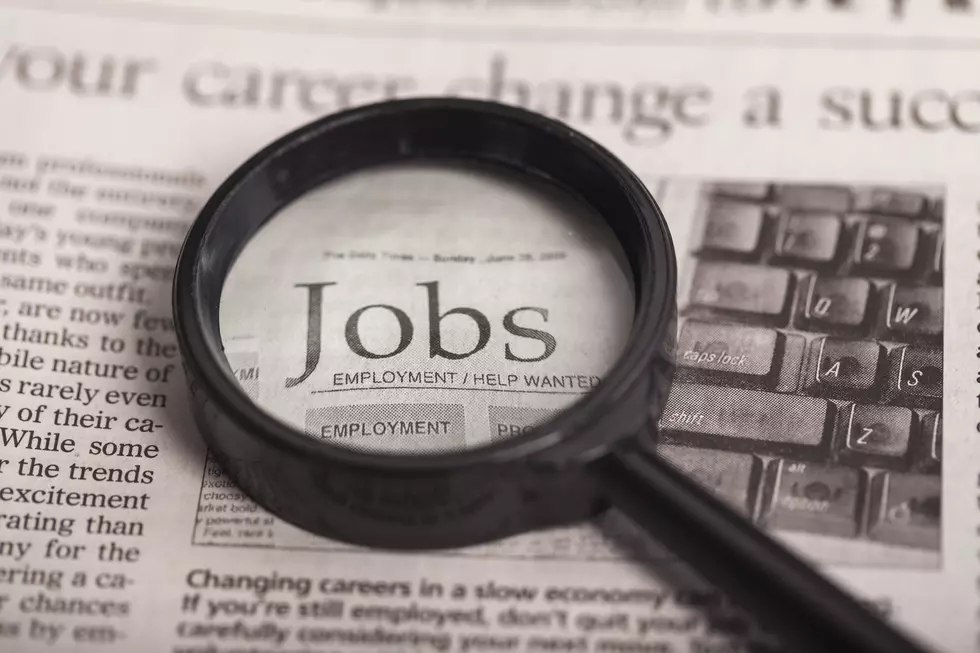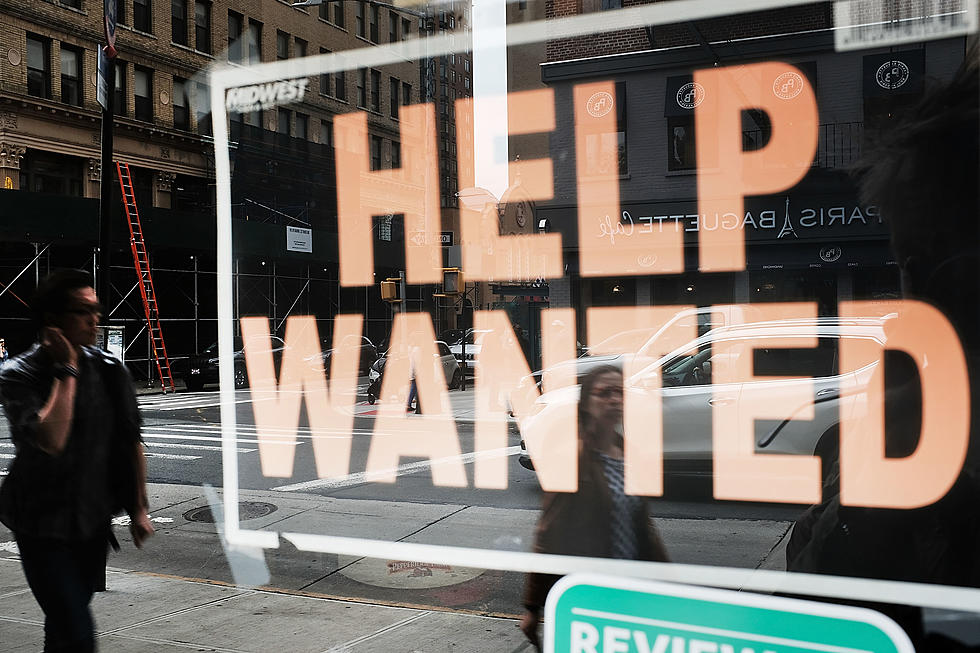Looking To Quit? Join the Club [POLL/AUDIO]
Employees are not keeping jobs as long as they used to. The Labor Department finds the average employee stays in the same position for less than five years. In the past, it was rather common to see workers keep their jobs for decades.
If workers can't move up, they will be looking to move on, according to Neil Cooper, owner of Career Coach NJ in Rockaway.
"Employers have raised the bar in their expectations of what they want from an employee," he explained. "Staying on a job for a long time - it takes creativity and innovation on the part of the employee."
Many companies have learned to work with less people and still get great results, or they've outsourced the work to folks who can get it done at a much cheaper rate. For that reason, Cooper said employees can't just do their jobs and leave if they want to eventually advance their careers. An effort must be made to network within the company and beyond, and once a stalemate is reached at one job, opportunities are available elsewhere.
However, the quick burnout rate could also be attributed to the fact that workers simply aren't satisfied with their jobs. Cooper said if a worker truly doesn't enjoy where they're at and dreads going to work every morning, they should act on those emotions.
"When those alarm bells start going off, don't just go with the flow. Do something about it...instead of just getting frustrated and disappointed," Cooper explained.
Considering the weak job market, though, one would be considered crazy to leave a job just because they weren't happy. Cooper said that's another reason employees must always be looking ahead to other opportunities, even while they already have a job.
Some potential employers could be turned off by a resume that shows an employee jumping from job to job, spending less than half a decade at each. However, more and more employers are learning that job-hopping is becoming the norm.
More From 92.7 WOBM










